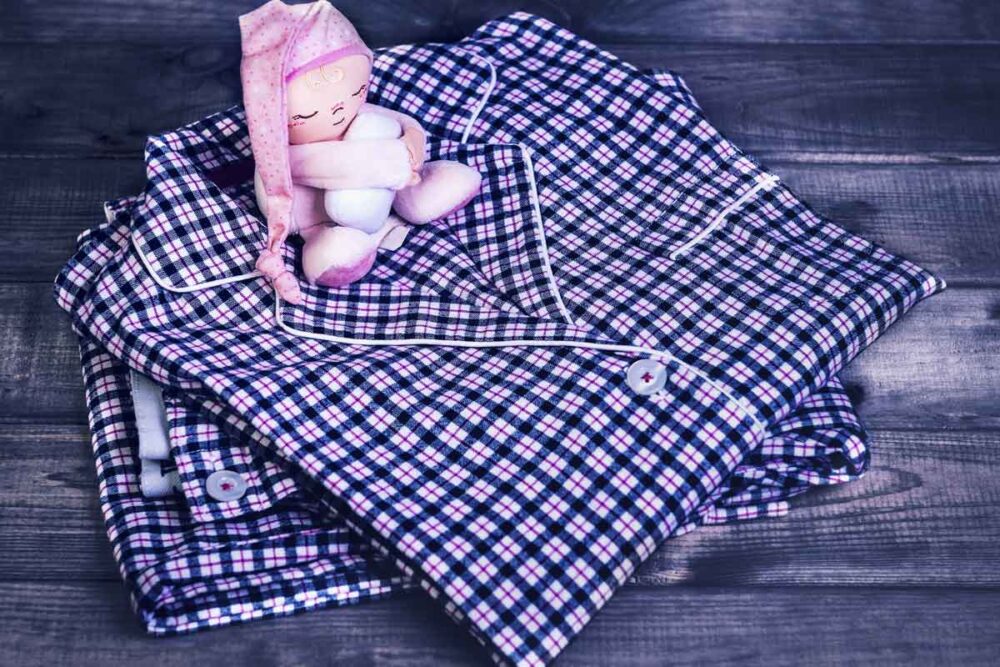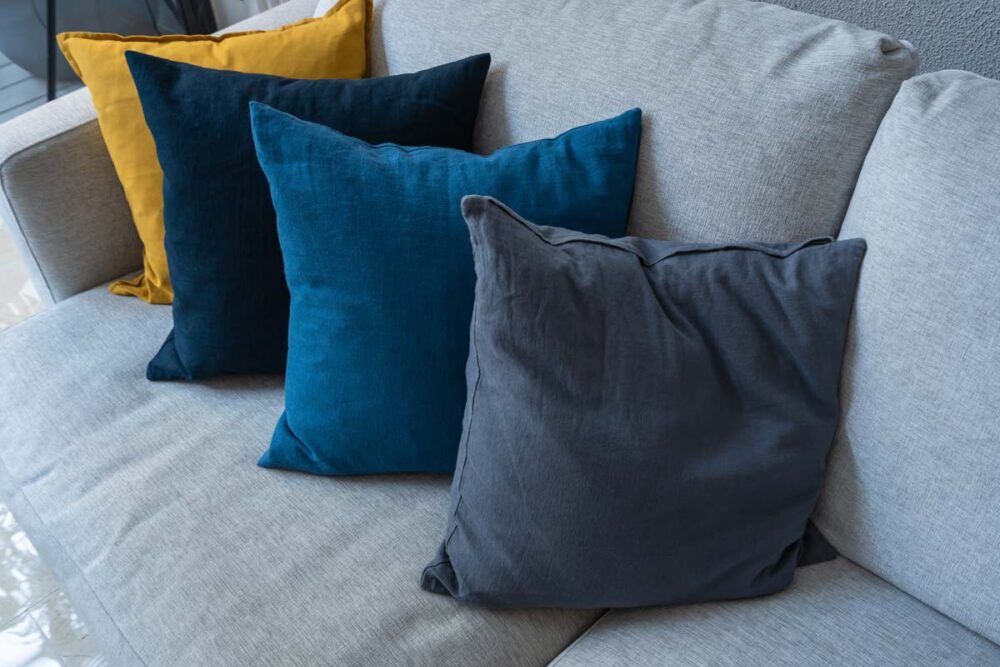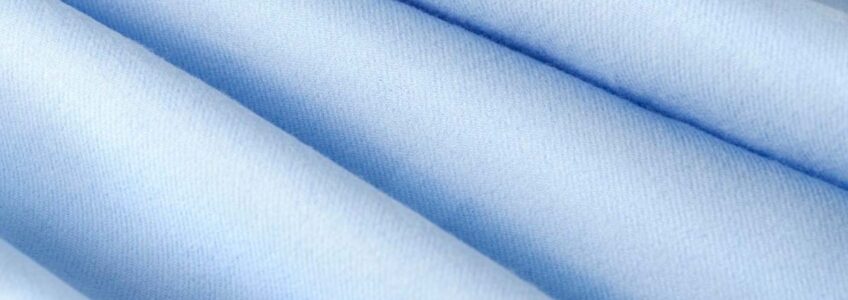We often hear about flannel in terms of clothing and furnishings, but what are the uses and characteristics of this typically winter fabric? We discover together withManifattura Foderami Cimmino the many uses of flannel and the advantages of choosing this versatile material.
The characteristics of flannel
The flannel stands out as a fabric with a twill weave, with a straight and a reverse, with a uniform and hairy surface, perfect to convey a feeling of warmth and softness. This fabric is created from special finishing treatments that are thefulling (a process that compacts the fabric after felting), the gauging (treatment to insulate the fabric thermally) and the combing (processing which consists in making the fibres parallel, transforming them into a ribbon).
This fabric appears for the first time in Wales in the seventh century, made from the use of wool as a raw material. Today there are flannels made from different types of materials, such as cotton and synthetic fibers.
What is flannel used for? The flannel fabric is used to produce clothing, such as shirts, sweaters, vests, cardigans and much more, but also for household items, especially bed linen, such as sheets and blankets. As it is a very warm fabric, it is generally reserved for the autumn and winter seasons.
Cotton flannel is the most popular choice for everyday clothing, especially in casual style: shirts, pajamas, overalls and children’s clothes that stand out for the great comfort provided to the wearer. Duvet covers and sheets are also made of cotton flannel.
Wool flannelis widely used in men’s clothing to make very elegant suits or individual elements such as refined trousers. The pinstriped flannel dresses are distinguished by the presence of vertical stripes equidistant and are made in dark colors, such as gray. Both wool flannel and cotton flannel are widely used in sports as linings of garments used both at the amateur and professional level.
Why choose flannel garments? This fabric has many advantages: it does not wrinkle easily and becomes softer with each wash. The flannel is very resistant and acts as thermal insulation, a valid protection from the cold for our body.

How to wash flannel
Understanding the correct way to wash flannel is important, especially when dealing with sheets. In order not to spoil them, a distinction should be made between washing cotton flanneland wool flannel.
How do you wash cotton flannel sheets? In order to always have them as new we choose a specific washing program or the recommended one for delicate garments: the important thing is that the temperature does not exceed 30-40 C and that the centrifuge is set to a value less than 1000 rpm. In the case of new flannel sheets, during the first wash it is good to add a cap of distilled white vinegar, which will help us not to lose color, especially in the case of delicate flannel. Which detergents to choose for flannel washing? We always prefer detergents for delicate clothes and, from time to time, we add a little softener. Flannel sheets can be dried in the dryer, but set a low temperature.
The 100% wool flannelis very delicate and it is better not to wash it in the washing machine, but better to prefer a hand wash, eliminating stains only on dry fabric, using a brush. In this case, let it dry in the open air.

How to prevent flannel from fraying
To make the difference, even in the choice of flannel fabric, is always the quality: to avoid that the flannel is frayed during sewing or use is important to buy a high quality material, such as the flannel Alessia, selected by Manifattura Foderami Cimmino, a fabric obtained from the processing of cotton, which is light, soft, warm, with twill weave. This flannel is distinguished by its uniform and slightly hairy surface. It is mainly used to make clothing and accessories for children.
To avoid the fraying of the flannel it is advisable to cut the fabric with a sewing-size or perform a line of zigzag stitches along the edges of the seam.
Tips and tricks for sewing flannel fabrics
Before sewing a flannel fabric it is good to pre-wash and dry this material completely. The ironing phase must be carried out accurately on the reverse with an action of “pressing”: you have to press the iron on the affected area for a few seconds, then lift it and then you need to repeat the operation until complete ironing. The advice for a good flannel seam is to start from a very simple design and use an always new needle, with a sewing machine always perfectly clean.
To avoid creating holes it is better to use a smooth tracking wheel for marking, instead of the ray wheel. We keep the seams curved and use a foot to hold the layers of fabric during the seam. Tostabilize the flannel we spray the bottom of the fabric with starch spray.

A soft, warm and incredibly versatile fabric: discover the best flannel selected for you by an expert brand of fabrics and materials, Manifattura Foderami Cimmino!



